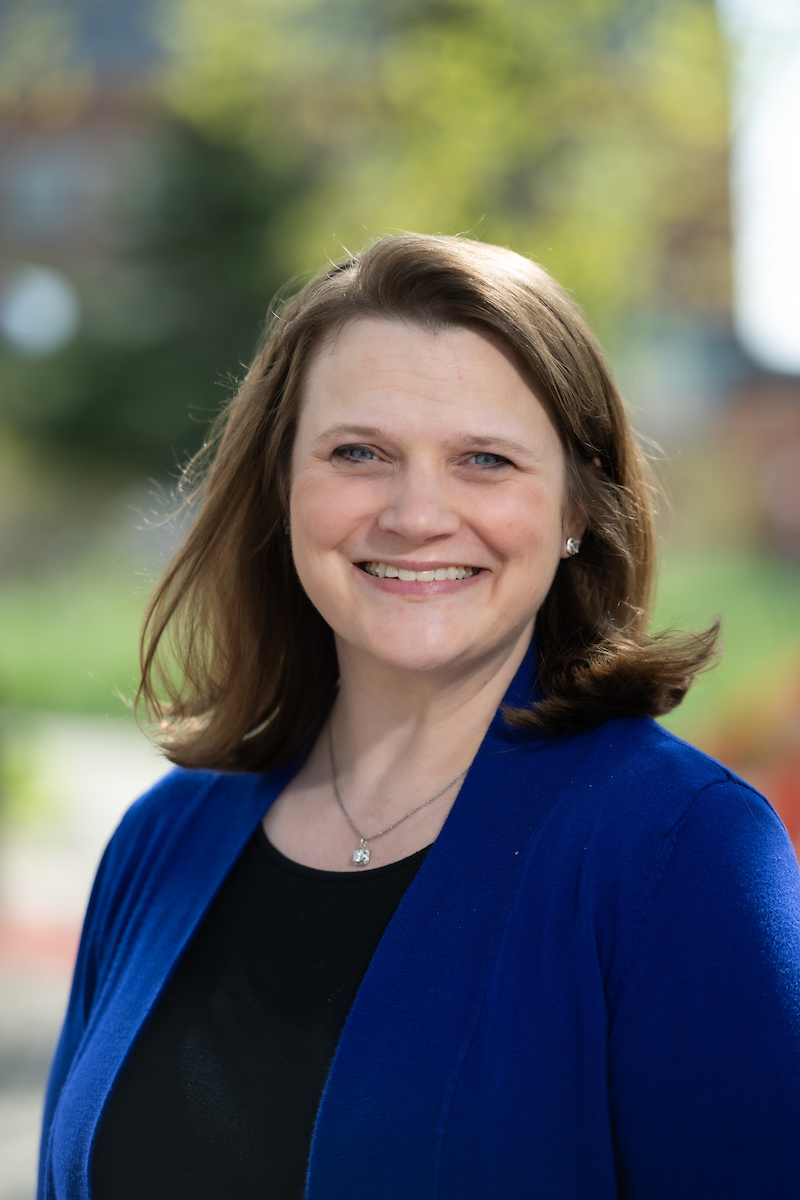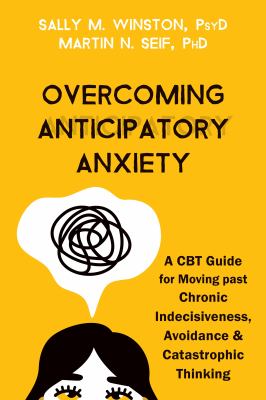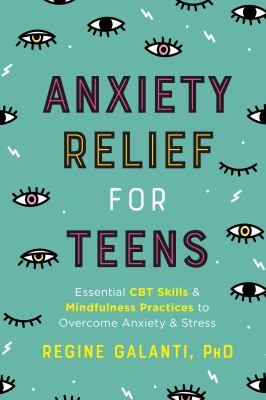
Anxiety is a part of life for many people, but understanding its nuances and learning how to manage it can make all the difference. On January 21st the Plymouth District Library is hosting an event, Anxiety in Adults and Kids: Tips for All Ages, featuring insights from two esteemed psychologists, Dr. Hans Schroder and Dr. Jami Socha. This workshop aims to provide practical tools and foster community support for managing anxiety. We asked the presenters to share their expertise and thoughts on anxiety, and here’s what they had to say.
Professional Backgrounds: Shaping Their Approach to Anxiety

Dr. Hans Schroder earned his PhD in Clinical Psychology from Michigan State University, specializing in cognitive-behavioral therapy (CBT) and exposure therapy. He explains, “A lot of anxiety has to do with learning what is actually dangerous and what we think is dangerous. Therapy can be a way for patients to learn more about what is and what is not truly dangerous.”

Dr. Jami Socha, a licensed clinical psychologist and Clinical Assistant Professor in Psychiatry, also specializes in CBT and exposure therapy. She describes these treatments as powerful tools: “They essentially help a person learn how and when to recognize worries and ‘what ifs’ as false alarms. To overcome anxiety means learning to talk back to your anxious thoughts and embracing moments to challenge worries head-on.”
Misconceptions About Anxiety in Adults
One of the most common misconceptions about anxiety is the belief that it’s rare or isolating. Dr. Schroder highlights, “Anxiety disorders are extremely common. When we feel very nervous about a particular situation, we can feel alone, but we’re not.” He also emphasizes the complexity of anxiety’s neurobiology: “It is not simply due to a ‘chemical imbalance’ or an ‘anxiety gene.’” He highlights that we can always learn new techniques to help manage it.
Anxiety in Children vs. Adults
Anxiety often manifests differently in children than in adults. Dr. Socha notes, “Children, especially younger ones, may not recognize thoughts and behaviors as anxiety. They might describe something as ‘scary’ or say they are ‘afraid.’ Kids also tend to talk more about physical symptoms, like stomach aches or headaches.”
Behavioral signs like tantrums or defiance can also signal anxiety in children, particularly when they’re faced with feared situations or feel their anxiety’s “rules” are being broken. Parental involvement is key in treatment, as parents can extend therapy practices into the home environment and support their child’s journey to bravery.
The Importance of Community Support
Community workshops and events like this one play a crucial role in reducing stigma around anxiety. “Talking about anxiety is incredibly important to help us all feel less alone and more hopeful,” Dr. Schroder says.
Dr. Socha adds, “Community-based efforts are vital for spreading the word about anxiety disorders and destigmatizing what it means to struggle with them. Hearing someone—whether a professional or someone with lived experience—talk about these disorders can be a transformative moment for many.” Such efforts also provide access to information about effective treatments, fostering a more informed and supportive community.
Key Takeaways for Managing Anxiety
Both presenters agree that anxiety can serve an important function. Dr. Schroder explains, “Anxiety tries to motivate us and prepare us for things that are important. We don’t want to be enemies with our anxiety, as that will typically make things worse.”
Dr. Socha’s favorite mantra is: “Don’t believe everything you think.” She elaborates, “Anxiety presents false alarms and makes demands that seem necessary to follow. Managing anxiety means learning to disobey these false alarms and bravely facing uncertainty.” For loved ones, she recommends a balance of validation and encouragement: “You can be supportive by validating anxious emotions while expressing confidence in your loved one’s ability to defy anxiety’s demands.”
Join the Conversation This event promises to be a valuable resource for anyone seeking to better understand anxiety and learn strategies to manage it effectively. Join us at the Plymouth District Library on Tuesday, January 21st at 7pm to gain insights from Dr. Schroder and Dr. Socha and take the next step toward fostering a healthier relationship with anxiety for yourself or your loved ones.
Visit our catalog for a full list of books on anxiety.
Written by Kathryn Bergeron (Adult Librarian) and Donna Jackson (Marketing and Design Specialist)


